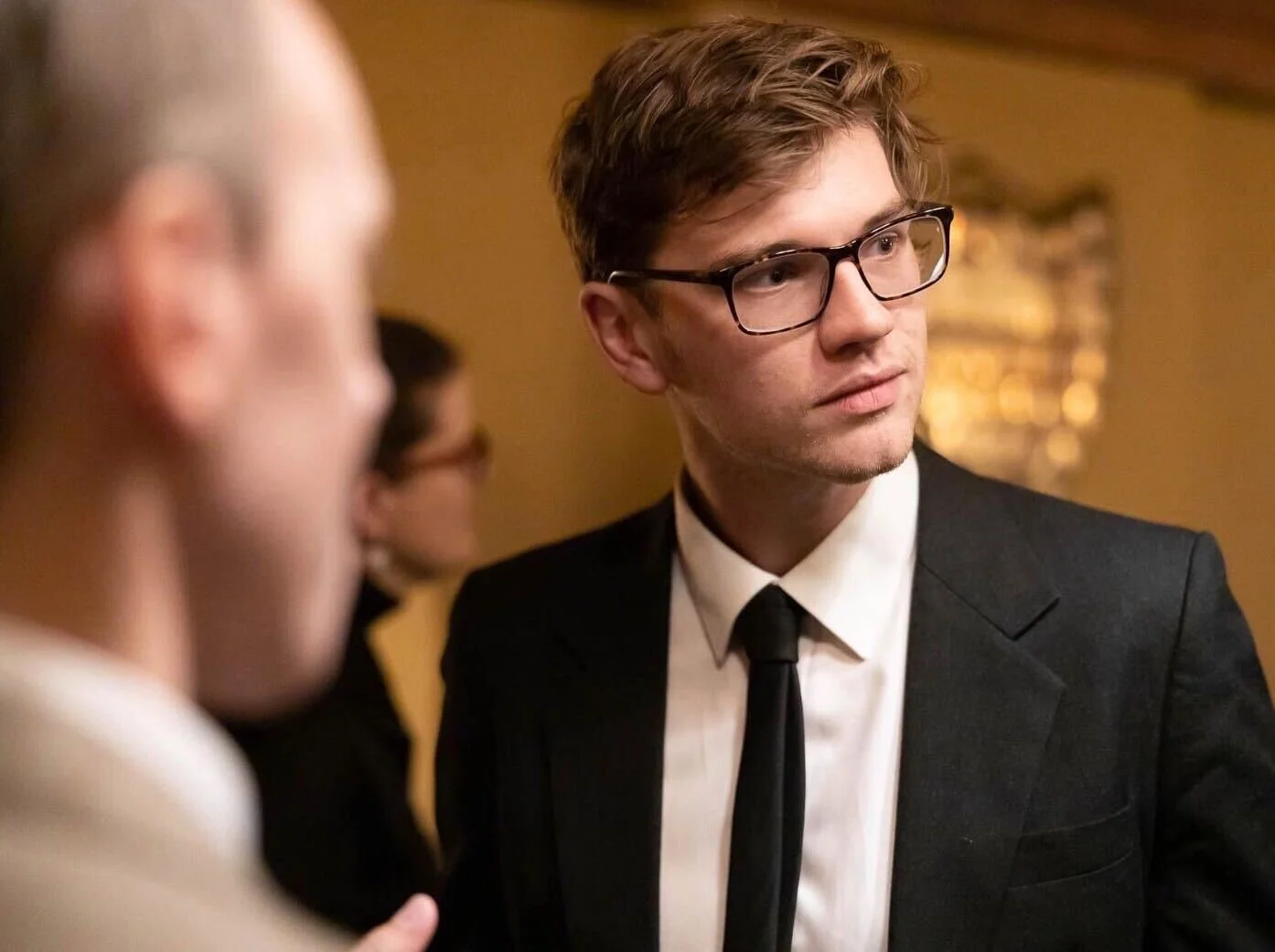Press
For media requests and speaking enquiries, please contact press@forethought.org.
About William MacAskill
Short bio
William MacAskill is an associate professor in philosophy at the University of Oxford. At the time of his appointment, he was the youngest associate professor of philosophy in the world. He also cofounded the nonprofits Giving What We Can, the Centre for Effective Altruism, and 80,000 Hours, which together have moved over $300 million to effective charities. He’s the author of What We Owe The Future, Doing Good Better, and Moral Uncertainty.
Long bio
William MacAskill is an Associate Professor in Philosophy at Oxford University. He was educated at Cambridge, Princeton, and Oxford. His research has two main focuses. The first addresses the issue of how one ought to make decisions under normative uncertainty; in addition to a DPhil on the topic, he has published on this issue in Ethics, Mind, and The Journal of Philosophy. The second is on effective altruism: the use of evidence and reason to promote the wellbeing of all. His book on the topic, Doing Good Better, was published in 2015, and reviewed favorably in The London Review of Books, The Times Literary Supplement, The Guardian and The New York Times. Together with Krister Bykvist and Toby Ord, he has co-authored Moral Uncertainty, a book on how we should make decisions when we’re uncertain about what we ought, morally, to do. He has a recently published book called What We Owe The Future, which makes the case for longtermsim - the view that positively influencing the long-term future is a key moral priority of our time. It was favorably covered in Time Magazine, NPR, The Atlantic, The Economist, The Financial Times, The Los Angeles Times, and The Guardian.
William is the cofounder of three non-profits based on effective altruist principles: Giving What We Can (2009), 80,000 Hours (2011), and the Centre for Effective Altruism (2012). These organizations have collectively raised over $15 million for effective charities with a further $700 million in lifetime pledged donations, and sparked the ’effective altruism movement’, with thousands of members and over a hundred local groups around the world. He is also a research fellow at the Global Priorities Institute, an interdisciplinary research centre at the University of Oxford which aims to conduct foundational research that informs the decision-making of individuals and institutions seeking to do as much good as possible. In 2016, he founded the Forethought Foundation to promote academic work that addresses the question of how to use our scarce resources to improve the world as much as possible.
William has written over 30 popular articles on ethics and effective altruism for venues such as The New York Times, The New Yorker, The Guardian, The Independent, Time, The Atlantic, and The Washington Post. He has given dozens of public lectures at academic and corporate events, including the Oxford Union, London Intelligence Squared, and the Google Future Forum. He is regularly in the media, appearing in venues such as The Tim Ferriss Show, The Today Programme, and the BBC News at Ten, and has advised a range of external parties including Number 10 Downing Street and former Prime Minister Gordon Brown.
About What We Owe The Future
The human story is just beginning. There are 5,000 years of written history, but perhaps millions more to come. In What We Owe the Future, philosopher William MacAskill develops a perspective he calls longtermism, showing that our vast future is of enormous moral importance. We uphold the idea that where we live does not affect our moral worth; MacAskill argues that when we live does not matter either.
Yet we are putting future generations at grave risk, and not just from climate change. AI could lock us into a perpetual dystopia, and manmade pandemics could consign us to oblivion. So much is at stake because, if we avoid these threats, moral and technological progress could result in unimaginable human flourishing.
What we do today will determine the happiness or misery of trillions of people to come. As MacAskill shows, the future is in our hands.







